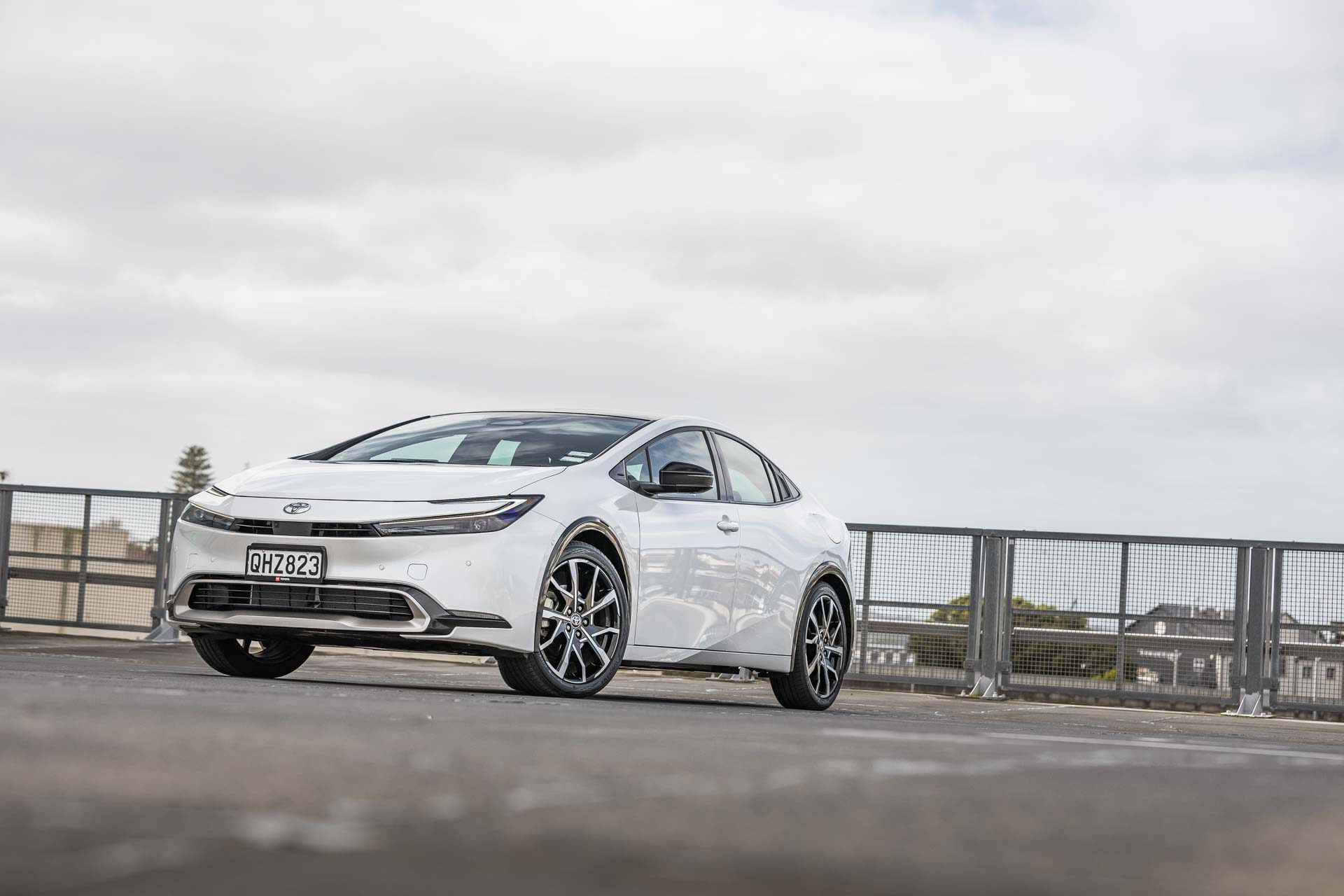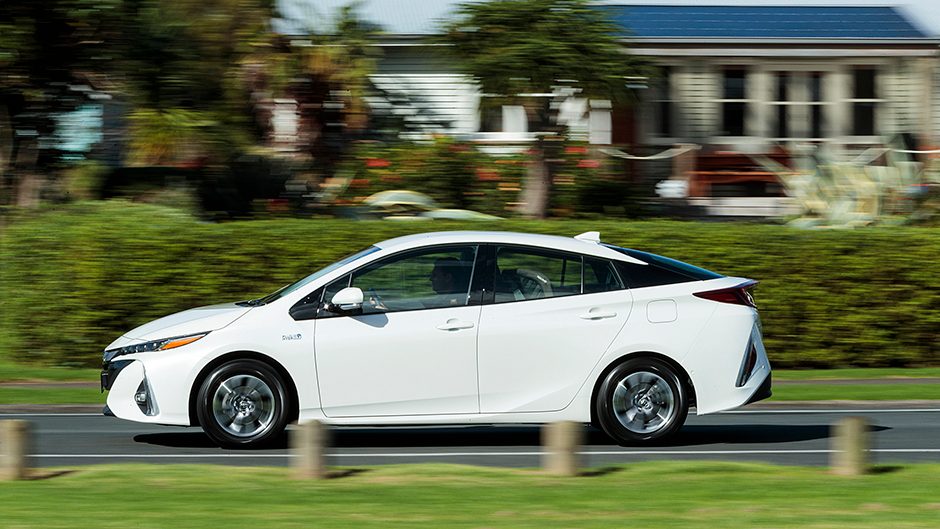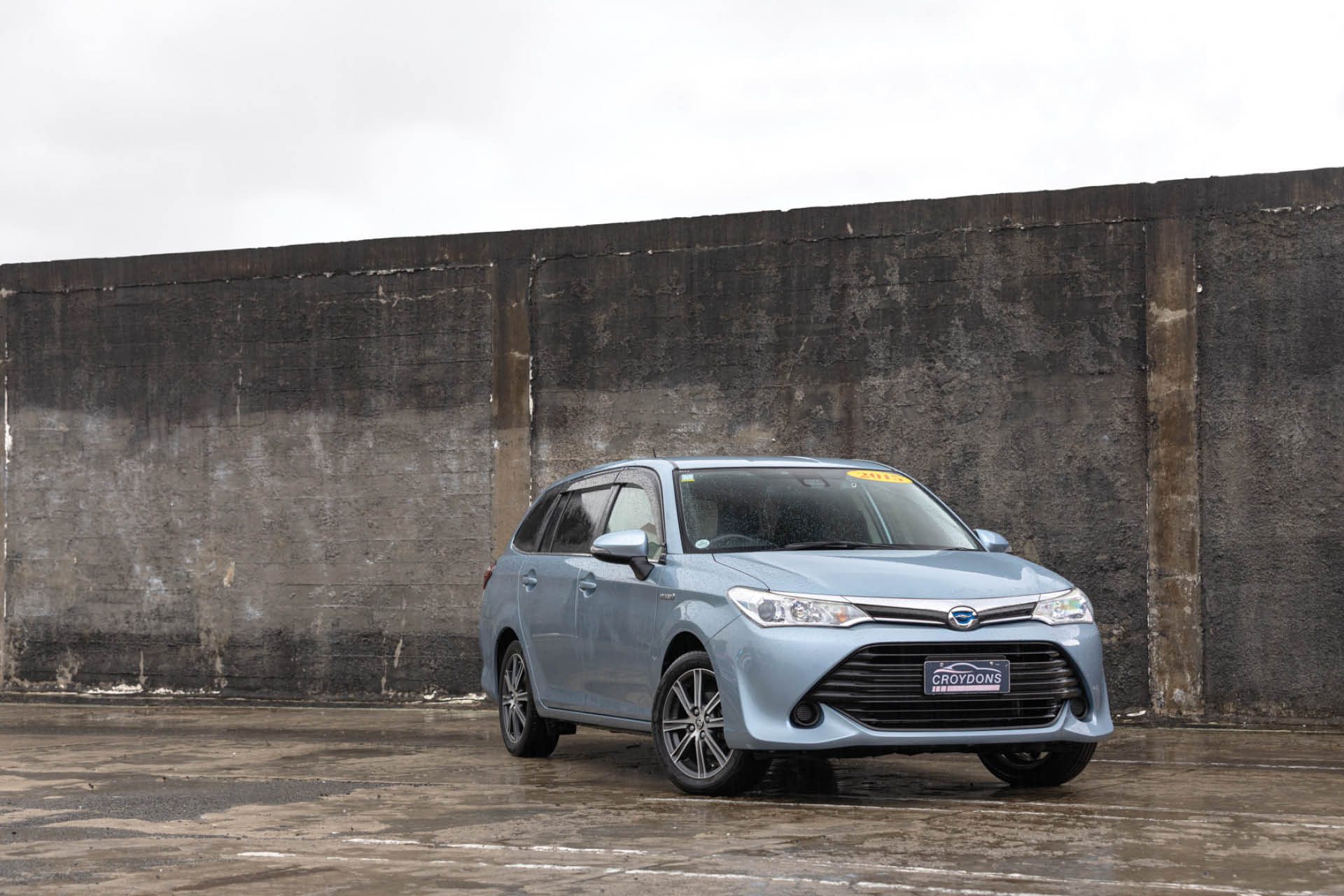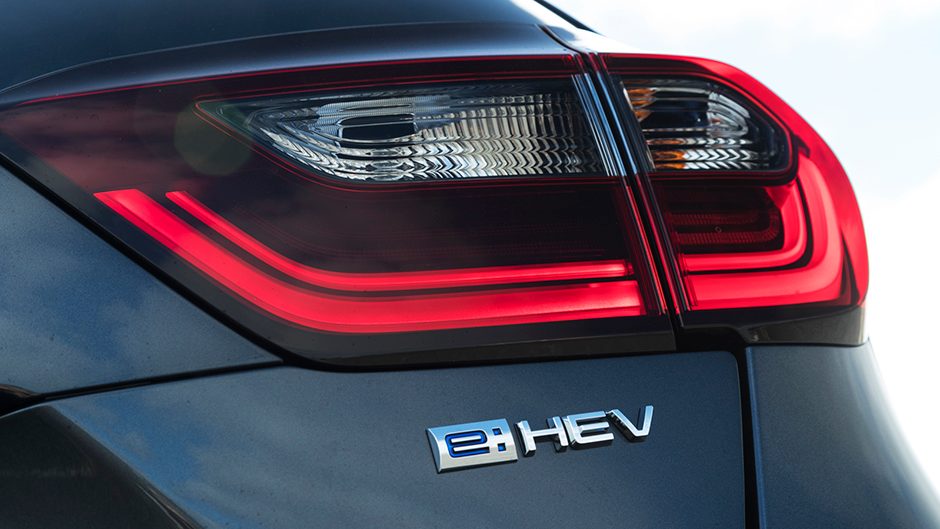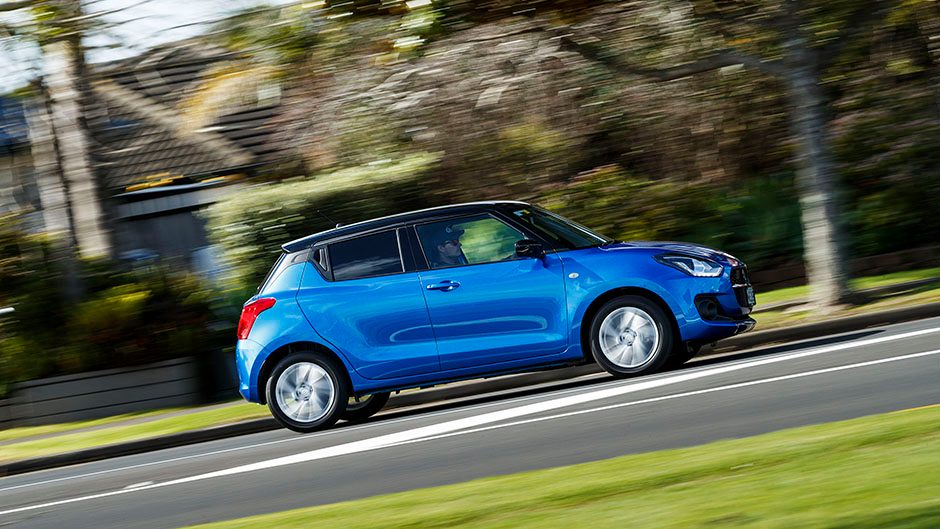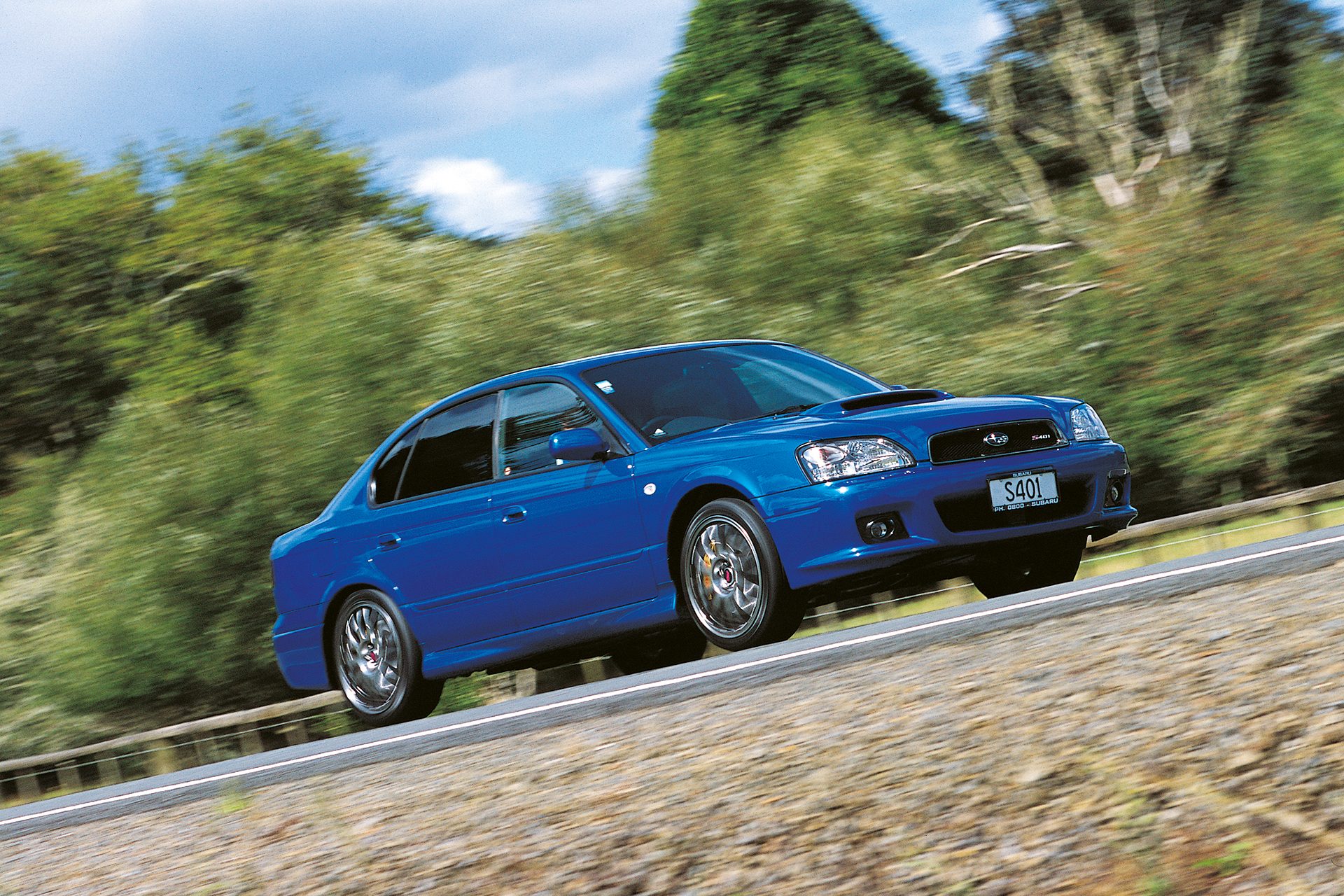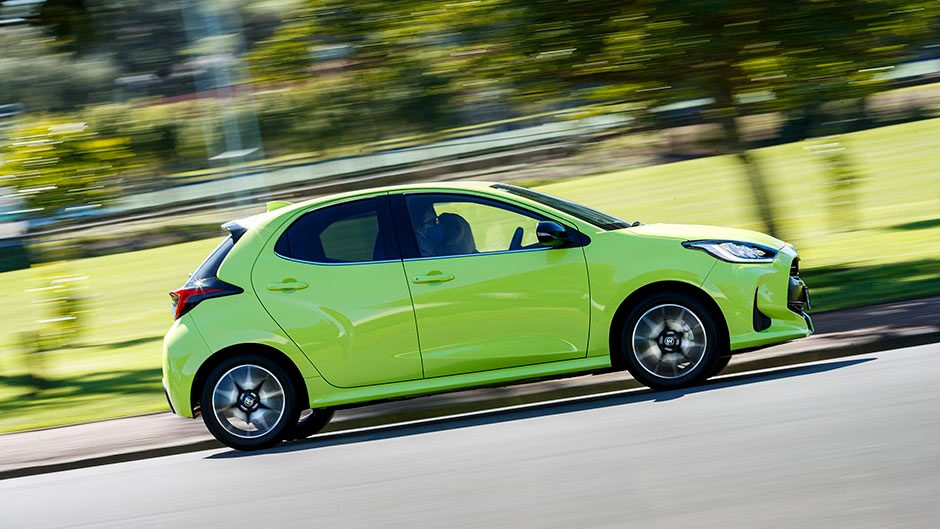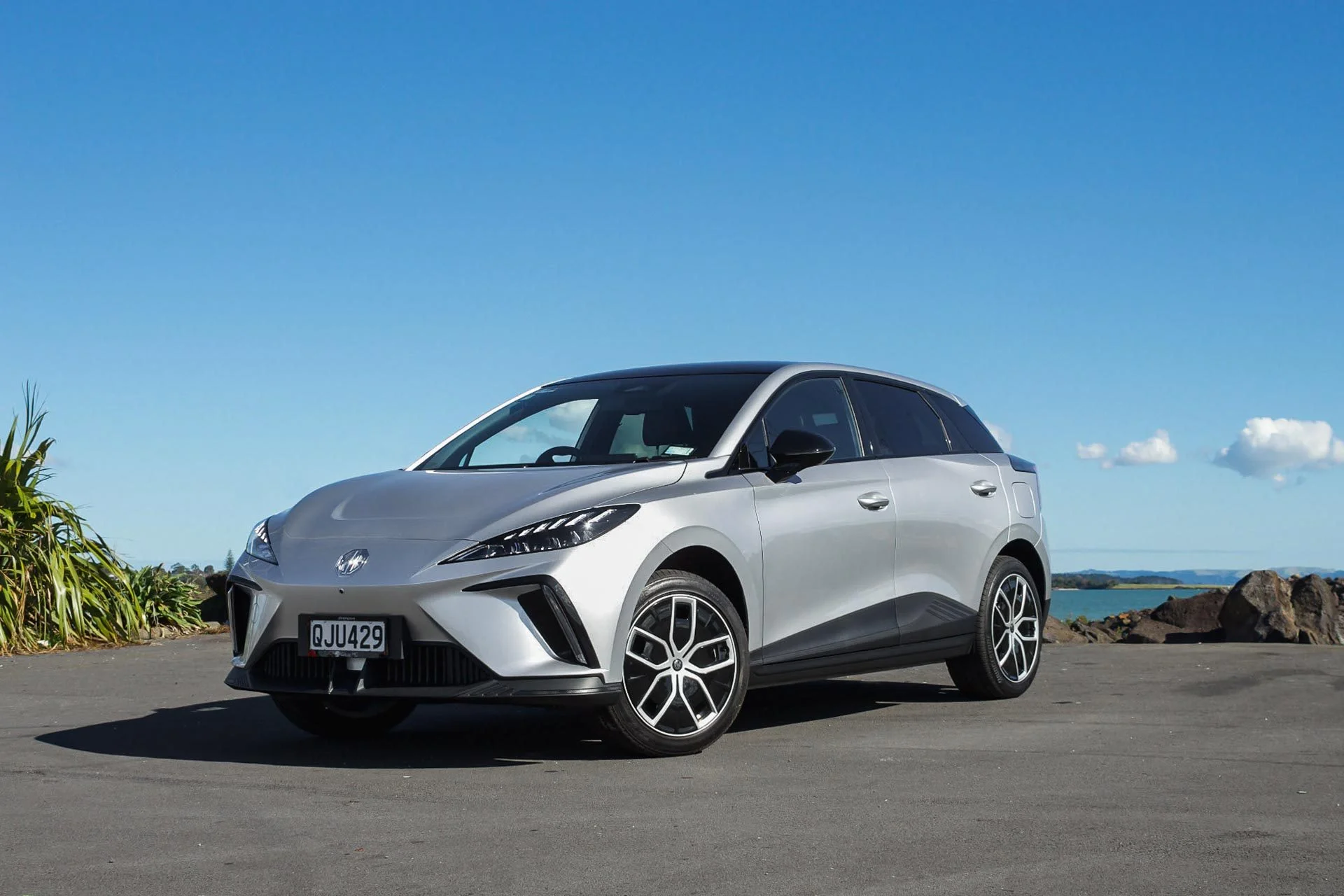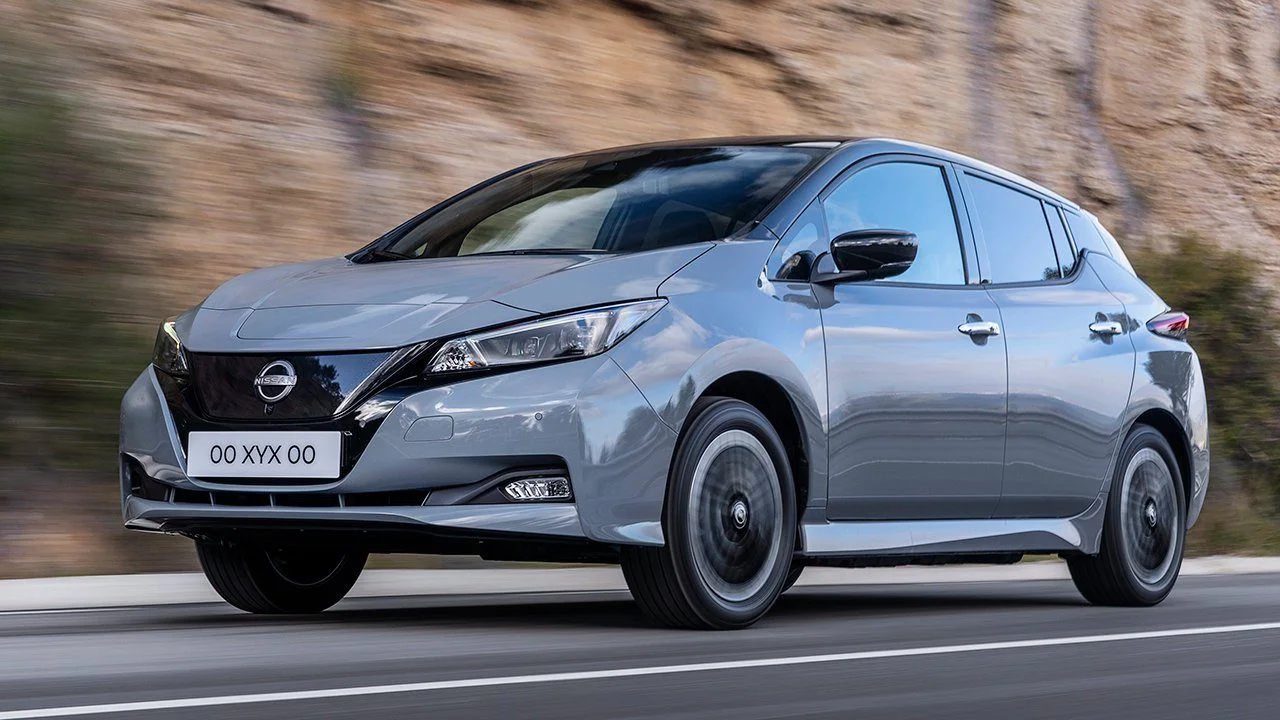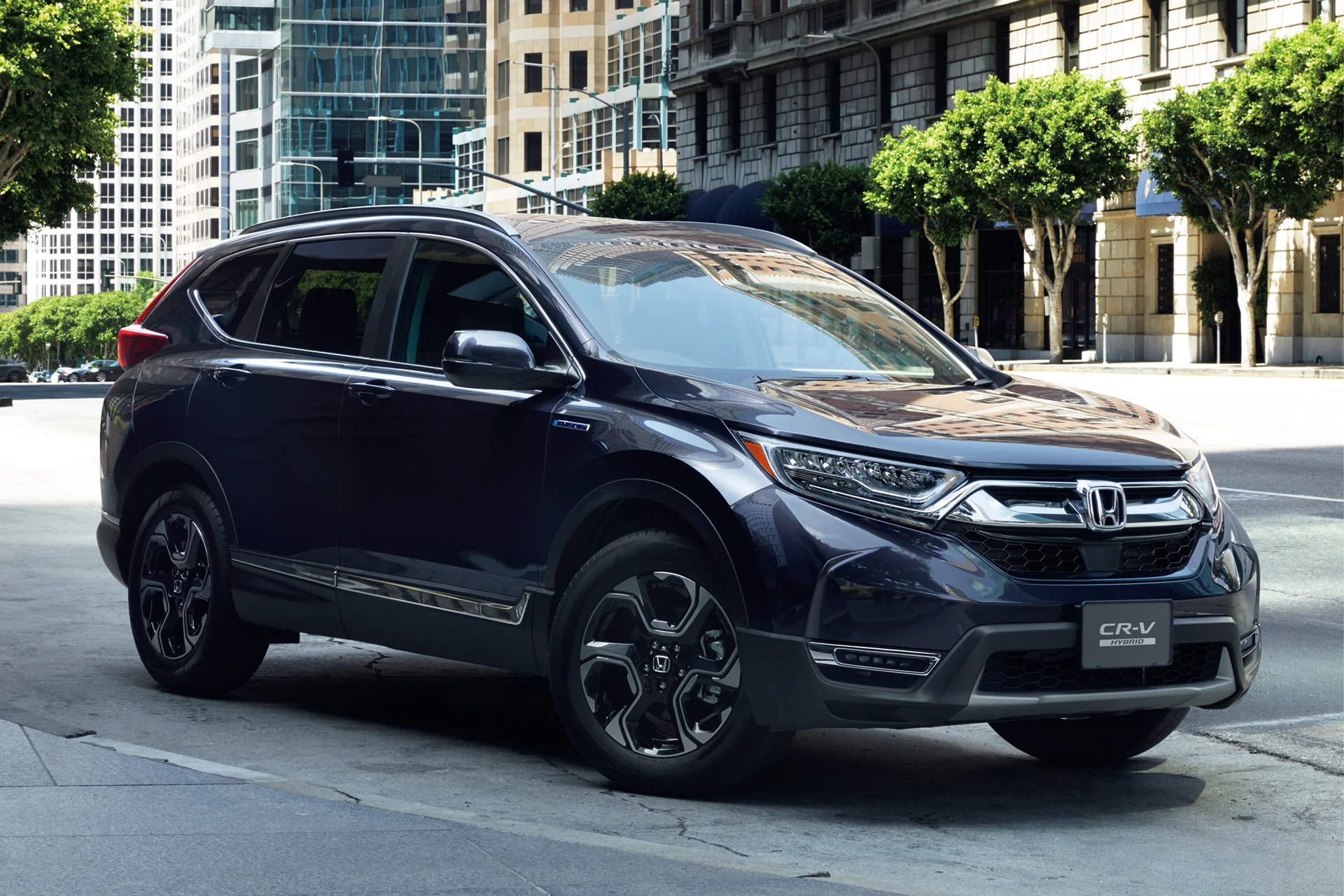Feature article
Deep Dive: The Clean Car Standard — What it actually means for your next car
The CCS sets CO₂ targets for importers, leading to more hybrids & higher prices for high-emission imports.

What the Clean Car Standard actually is
The Carrot and the Stick: How importers balance the books
What It Means for Your Car Search on Trade Me
There are now more Clean Cars at dealerships
There are also fewer high-emission imports
Price shifts
The Tightening: what’s changing
How NZ’s car stock is changing
The Trade Me Verdict: Is the Clean Car Standard good for buyers?
The Bottom Line
Author
Other articles you might like
